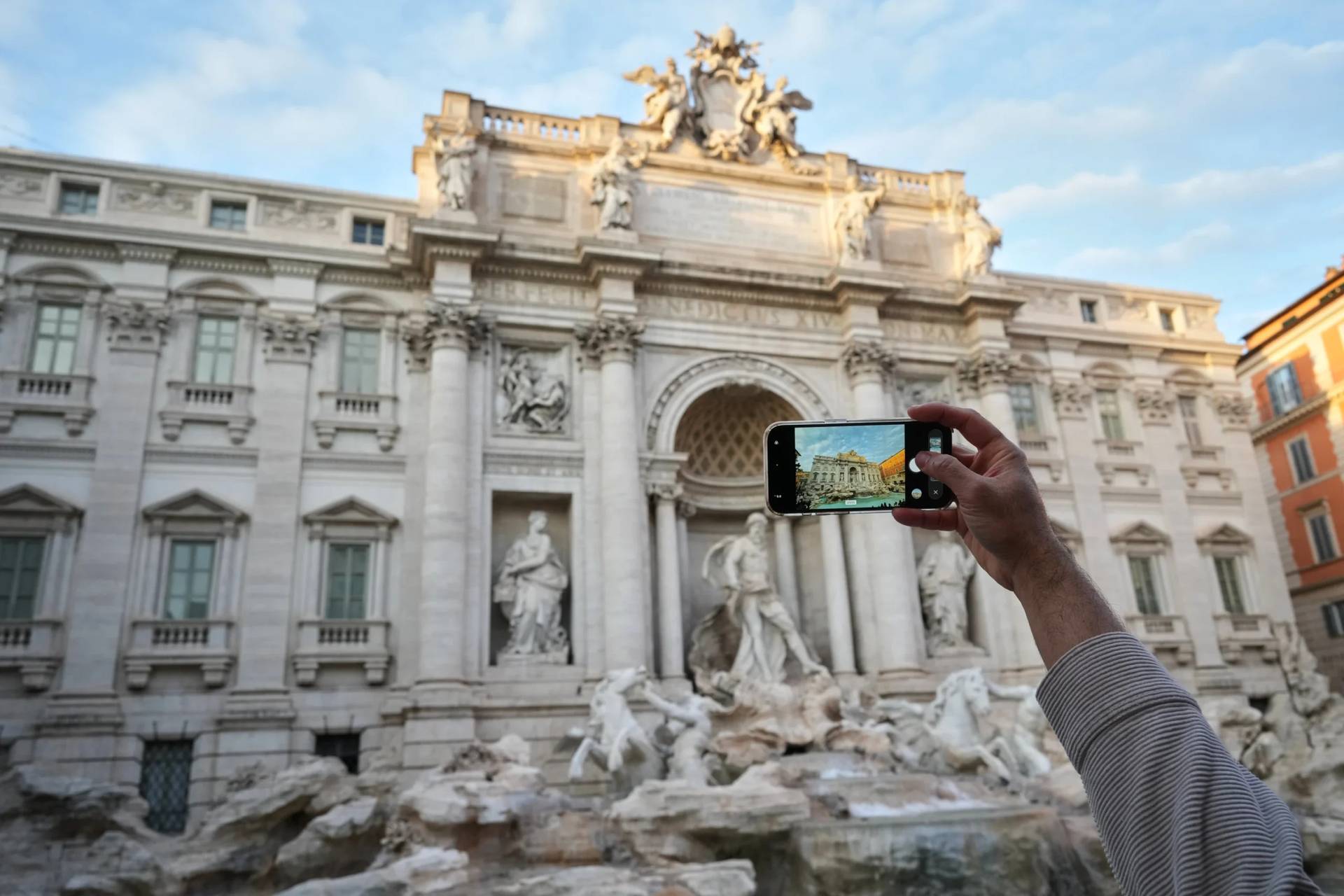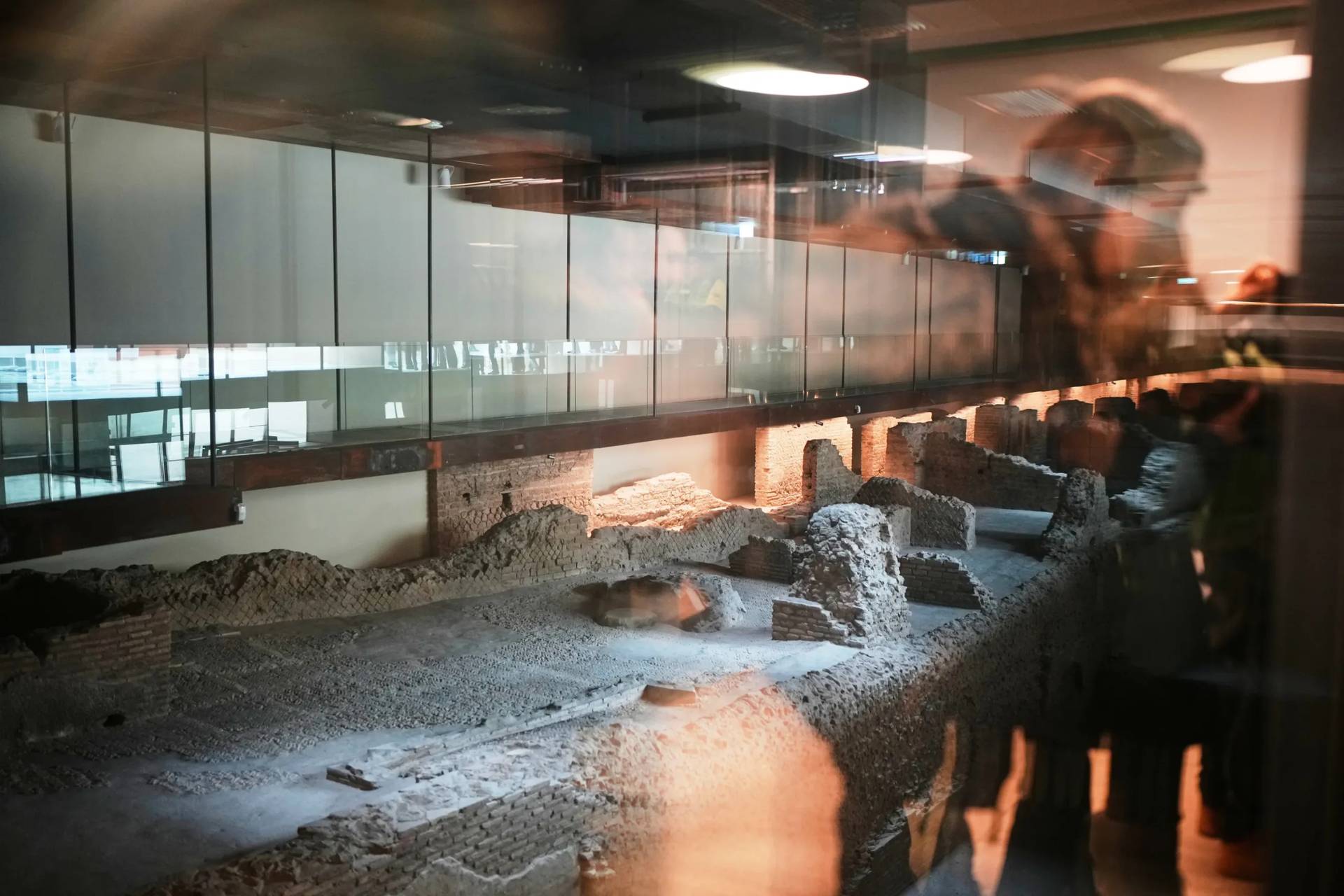ROME – In response to a letter from the bishops and patriarchs of Lebanon asking for European intervention as the country plunges even further into a black hole, Europe’s bishops have pledged support and have asked government leaders to take action.
In a letter from the Assembly of Catholic Patriarchs and Bishops of Lebanon (APECL) addressed to the Commission of the Bishops’ Conferences of the European Union (COMECE), Lebanon’s leading prelates voiced concern about the increased risks people face amid the country’s political, social, sanitary and economic crisis.
Signed by Father Claude Nadra, general secretary of APECL; Archbishop Youssef Soueif of Tripoli and president of the ad hoc commission; and Cardinal Bechara Boutros Rai, patriarch of Antioch and president of APECL; the letter was penned in April but made public May 26.
In the letter, Rai, Soueif, and Nadra noted that Pope Francis has often called on the international community to support Lebanon, “which is going through a deep crisis and is at risk of losing its identity as a country of plurality, liberty and fraternity.”
They stressed the importance of the Christian presence in Lebanon, saying Christians “must not be reduced to the status of a minority under protection.”
By itself, Lebanon cannot sustain the ongoing presence of the hundreds of thousands of displaced Syrian and Palestinian refugees still stranded in the country, “for which a firm support of the international community is requested,” they said.
The prelates called on the international community to help the Lebanese people first by “ensuring the maintenance of their individual, collective and national rights, in full force and effect, without any restriction or alteration whatsoever.”
Global leaders were asked to contribute to the alleviation of Lebanon’s financial crisis in order to protect the country’s social fabric and prevent the loss of its “identity and specificity.”
Also requested was the support of the Christian population in Lebanon through ecclesial institutions, which they said, “are and will always remain at the service of all citizens without distinction or discrimination, and will keep on working tirelessly for the common good.”
Lebanon’s identity, they said, is forged on “the encounter between all its communities, based on the values of liberty, human dignity, pluralism, as well as of peace, respect and love of neighbor,” which makes Lebanon a natural place for “dialogue between the diversity of religious and cultural communities.”
“Those fundamental values of citizenship and liberty are the backbone to build a Lebanon that wants to continue being, for our time and our world, a message of freedom and a witness to harmonious coexistence,” they said.
However, they cautioned that this identity is threatened by “the political, economic, social, demographic and security crisis that has struck the country and constitutes a real threat.”
It is the Church’s task through its healthcare, educational, and social institutions, they said, to accompany “all generations, of diverse affiliations,” in building a culture of peace and dialogue, “thus upholding the principle of solidarity and reinforcing the cohesion of the social fabric, which are at the heart of the Lebanese identity.”
Lebanon for years has been crippled by an economic crisis which so far has thrust roughly half of its population into poverty. With local currency losing an estimated 85 percent of its value in the past year alone, affording basic food items has become increasingly difficult for many families.
Due in large part to the COVID-19 pandemic, Lebanon in 2020 alone saw its currency dip to record lows, and a devastating explosion at a Beirut port in August compounded the crisis, killing some 200 people and wounding around 6,000 others as it flattened several neighborhoods in the area.
Lebanese Prime Minister Hassan Diab and his government resigned following the deadly Beirut blast, but a government has yet to be formed, meaning the country has been leaderless for the past 10 months as it attempts to navigate a worsening crisis.
As Lebanon draws on its last financial reserves, the international community has promised support on the condition that the country form a government and initiate massive economic and structural reforms.
For years, several foreign states and organizations have promised to provide Lebanon with billions in loans to rebuild its infrastructure, including the destroyed port, and an International Monetary Fund program to alleviate the pressure of the financial crisis.
Shortly after the Beirut blast last August, French President Emmanuel Macron visited Lebanon and together with other world leaders pledged some $300 million in humanitarian aid with the condition that structural reforms be implemented.
He returned a few weeks later pushing for the formation of a government and the implementation of reforms before any of the aid money was distributed, offering leaders an economic roadmap that has since been dubbed the “French initiative” foreseeing the revamp of Lebanon’s electricity sector, audits of the country’s central bank’s accounts, and resumption of negotiations with the International Monetary Fund.
At the time, Lebanon’s leaders promised to go along with this plan, but so far, nothing has been done.
Lebanese President Michel Aoun and Prime Minister Saad Hariri have so far been unable to agree on a cabinet, with most of the dispute focusing on the number of ministers and how they will be positioned considering sectarian and political sensitivities.
In their response to APECL’s letter, COMECE said they shared the concerns of the local Church, “and express their solidarity with the Lebanese society, which is enriched by a mosaic of communities, including Syrian and Palestinian refugees.”
As a follow-up to a recent meeting with EU Commissioner for Neighborhood and Enlargement, Olivér Várhelyi, Father Manuel Barrios Prieto, general secretary of COMECE, said they shared the concerns of Lebanon’s prelates with the European Union, “proposing concrete ways to address the social, housing, healthcare and educational needs of the Lebanese population.”
“In absence of effective public policies and actions,” Church and faith-based actors, including international charities Caritas International and L’Œuvre d’Orient, are providing “indispensable humanitarian services to all communities,” COMECE said, but cautioned that Lebanon’s socio-economic crisis and the ongoing COVID-19 pandemic continue to pose “an existential threat to many of their operations.”
“Therefore, we encourage the EU to seek creative ways of engagement and partnership with Churches and religious actors on the ground,” he said.
Follow Elise Ann Allen on Twitter: @eliseannallen
















